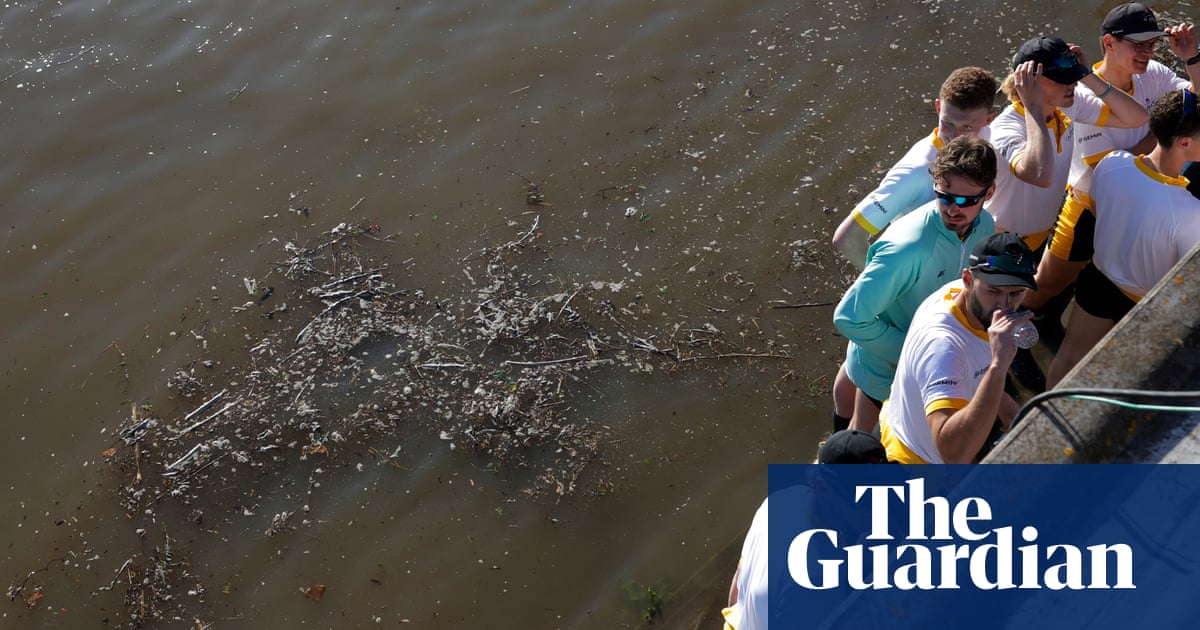
Seven-water based sports, including British Rowing, British Triathlon and Swim England, have formed an alliance to demand the government go “further and faster” in tackling water pollution.
It comes less than a month after the Boat Race was marred by Oxford men’s crew getting sick with E Coli because of high levels of sewage in the Thames, and amid mounting concerns over huge levels of sewage in Britain’s rivers, lakes and coastal waters. Last month an Environment Agency report also found that raw sewage was discharged for more than 3.6m hours into rivers and seas last year, a 105% increase on the previous 12 months.
The sports, which also include the Angling Trust, GB Outrigger, Paddle UK and the Royal Yachting Association, have set up the Clean Water Alliance and laid out a three-part strategy to improve water quality.
The Alliance, which represents 450,000 members, athletes and participants, wants the government to have adequately funded regulators to monitor, investigate and hold polluters to account. It is also calling for compulsory monitoring of all sewage outlets and accurate access to real-time water quality information all year round. While a third plank of its strategy is for government policy to change from “bathing waters” to “recreation waters” to recognise the wide range of activities that depend on clean water.
“For too long not enough has been done and we want to see real change to promote and protect clean open water here in the UK,” said British Triathlon’s chief executive, Ruth Daniels. “By uniting to form this alliance, we want to make our collective voice heard for our members, athletes, participants and wider community, as well as the natural environment, both now and for generations to come.”
The scale of the issue was also highlighted by Surfers Against Sewage, who found that untreated sewage was discharged more than 399,864 times into waterways – the equivalent of more than 1,000 discharge events every day. According to its survey of popular swimming and water sports locations, 60% were found to have pollution at unsafe levels.
In a statement, the Alliance said that “further and faster action on pollution” was needed to improve the health of UK waters by 2030. “Pollution from various sources contaminates UK inland and coastal waters, damaging ecosystems and causing illness within people who take part in sport and physical activity in, on or around these waters,” the Alliance said.
after newsletter promotion
“Water that is unfit to host water-based sport has also caused events, training sessions and activities to be cancelled or postponed because it has not met the standards for safe participation.”